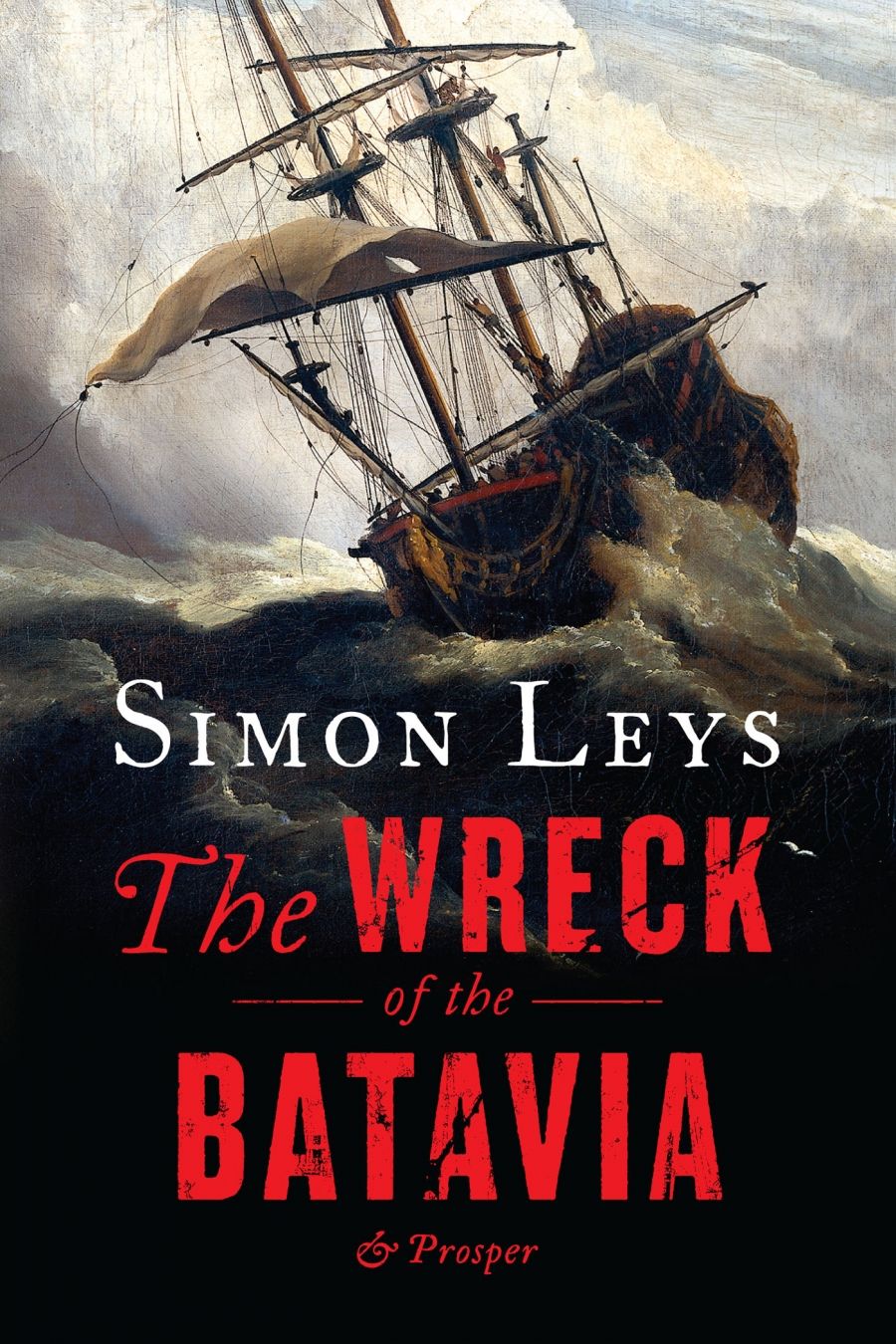
- Free Article: No
- Contents Category: Fiction
- Review Article: Yes
- Online Only: No
- Custom Highlight Text:
In reviewing the first half of Simon Leys’s new book, The Wreck of the Batavia, I’m tempted to regurgitate my review from these pages (ABR, June–July 2002) of Mike Dash’s history of the Batavia shipwreck Batavia’s Graveyard (2002) – especially since Leys also holds that book in high regard, rendering all other histories, his own included ...
- Book 1 Title: The Wreck of the Batavia and Prosper
- Book 1 Biblio: Black Inc., $29.95 pb, 129 pp, 1863951504
In his lucid collection of essays, The Angel and the Octopus (1999), Leys quoted an anecdote from Andre Malraux’s Antimemoirs (1968), in which the writer asks an old priest what wisdom he might have gleaned from a lifetime spent in confessionals. The priest sums up la condition humaine in one line: ‘There are no grown-ups.’ This could well serve as an epigraph for the Batavia story, which is less about the banality of evil, perhaps, than about the infantilism of evil. Original Sin, in other words? William Golding thought so, keeping the archetypal bones of the story, but making the characters into literal children in Lord of the Flies (1954). Cast away on our various beaches, we seem to find it so much easier to rediscover lost wickedness than lost innocence.
Remembered innocence is at the heart of the second piece in this book. I read Prosper at 3 a.m., the pain of a tooth extraction adding to normal insomnia. The story is as gripping as Batavia – but it is a quiet, velvet grip. Assembled from journal notes made forty-five years ago, it’s less a recollection in tranquillity than a recollection of tranquillity – up to a point. The young Leys spent his last summer before setting off for the Far East as a crew member on board one of the last Breton vessels that still fished for tuna under sail, and his account of this lifted me from my bed of pain as surely as the breeze filled the sails of the good ship Prosper. The details of a vanished world, the character studies of a motley crew, the perfectly weighted anecdotes are all seen through the same clear eye and written in the same clear style that Leys must have been born with. Even the black humour of the postscript couldn’t dent my good humour; nor could toothache prevent me sleeping peacefully well into the morning.
Leys is one of the best writers and thinkers we have; he is certainly one of the few grown-ups. His strikingly imaginative novel Death of Napoleon (also an excellent film, with Ian Holm) is a miniature classic; his Confucian translations seem to this non-Mandarin reader very fine; and of course his writings on Mao’s Revolution changed its perception in the West.
I should also mention that this is a beautifully produced book. Duffy & Snellgrove brought out The Angel and the Octopus a few years back; with that publisher now in hibernation, congratulations must go to Black Inc., an equally brave firm. Christmas has gone, but this would be an especially fine gift for sailor friends – unless perhaps they find themselves marooned on a beach somewhere.


Comments powered by CComment